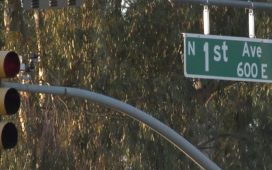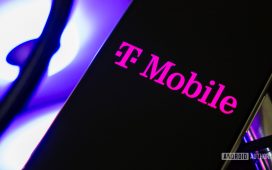A powerful group of U.K. retail businesses is calling on the mayor of London to abandon plans to extend an existing congestion charge to include electric vans.
The Guardian reports that, on December 25, 2025, drivers of all electric vehicles will start having to pay the same £15 ($20) per day charge in central London as those driving petrol and diesel vehicles.
Grocery and e-commerce chain Ocado, the U.K. AA (formerly the Automobile Association), and Openreach, a telephone infrastructure maintenance company, were among those that signed an open letter to mayor Sadiq Khan calling for a halt to the expansion.
The mayor has previously defended his decision saying that the congestion charge, introduced in February 2003, was originally created to relieve traffic in central London while electric vehicles have increased from 20,000 six years ago to 112,000.
The businesses say introducing the charge for EVs will hinder the already sluggish take-up of electric vans used for deliveries to homes and businesses. Only 5.9% of new vans sold in 2023 were electric, and last week the car industry said it was also struggling to sell electric cars without government incentives. According to The Guardian, the growth in home deliveries in the U.K. has seen carbon emissions from vans rise by 63% since 1990, while emissions from cars has fallen over the same period.
City congestion charges have failed to catch on in the U.S., with an embarrassing last-minute pullback on what would have been the first program of its kind in the country, in New York earlier this year. According to NBC News, New York’s Metropolitan Transportation Authority board overwhelmingly voted to approve congestion pricing in December 2023, saying charging drivers to enter sections of Manhattan would contribute millions of dollars to the aging transit system. Cars would be charged an additional $15 to enter Manhattan at 61st Street and below, while trucks would be charged between $24 and $36, depending on size
The program was scheduled to start June 30, and cameras and infrastructure had been installed all over the city, but the MTA abruptly pulled the plug June 5, and has not set a new date for implementation.









